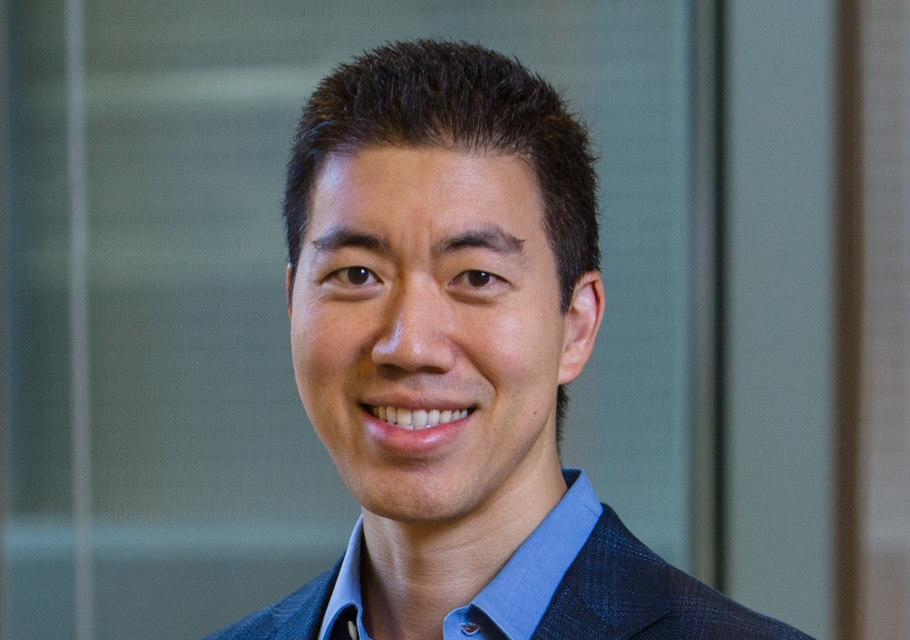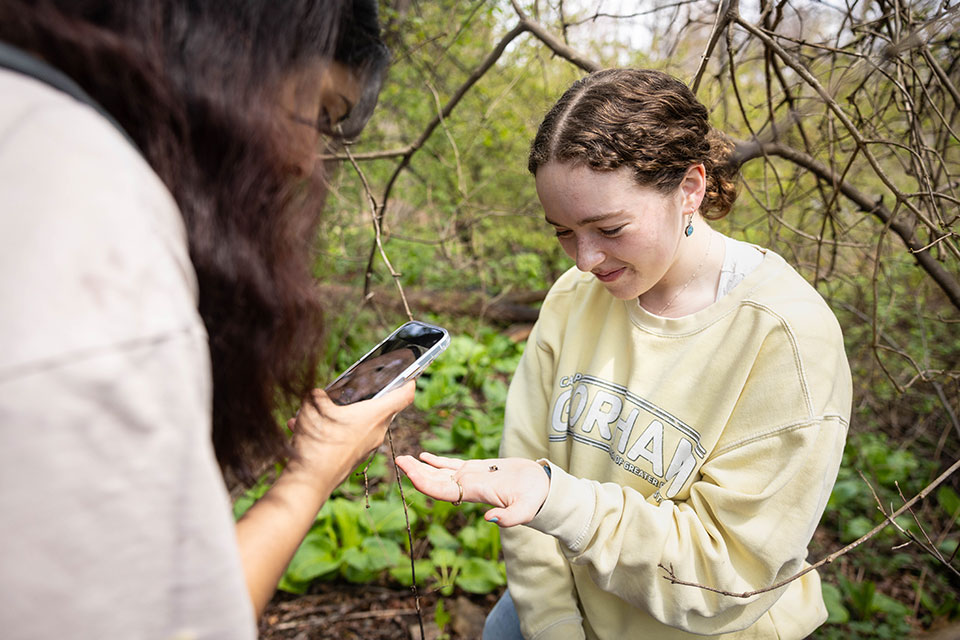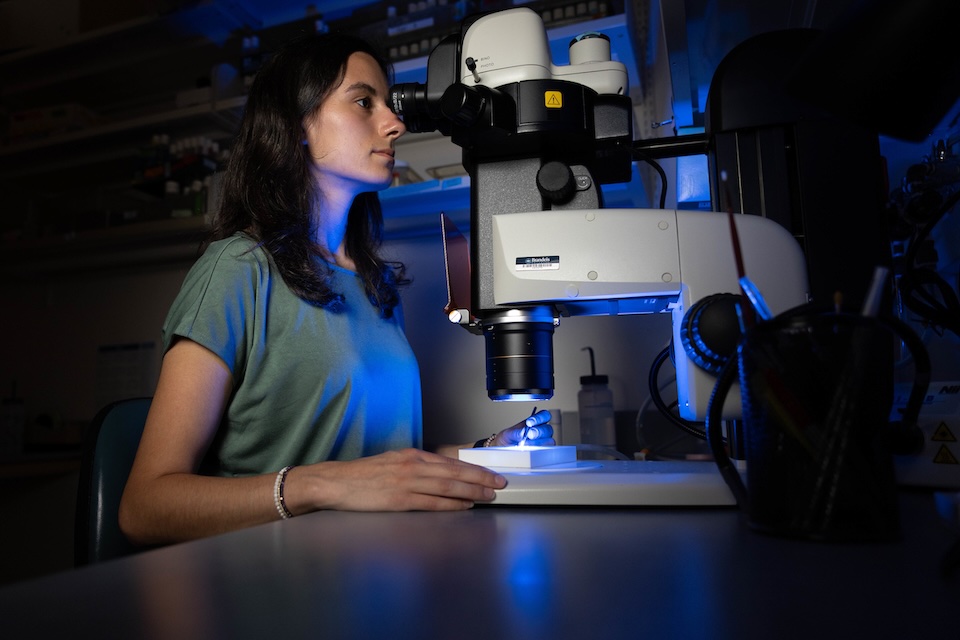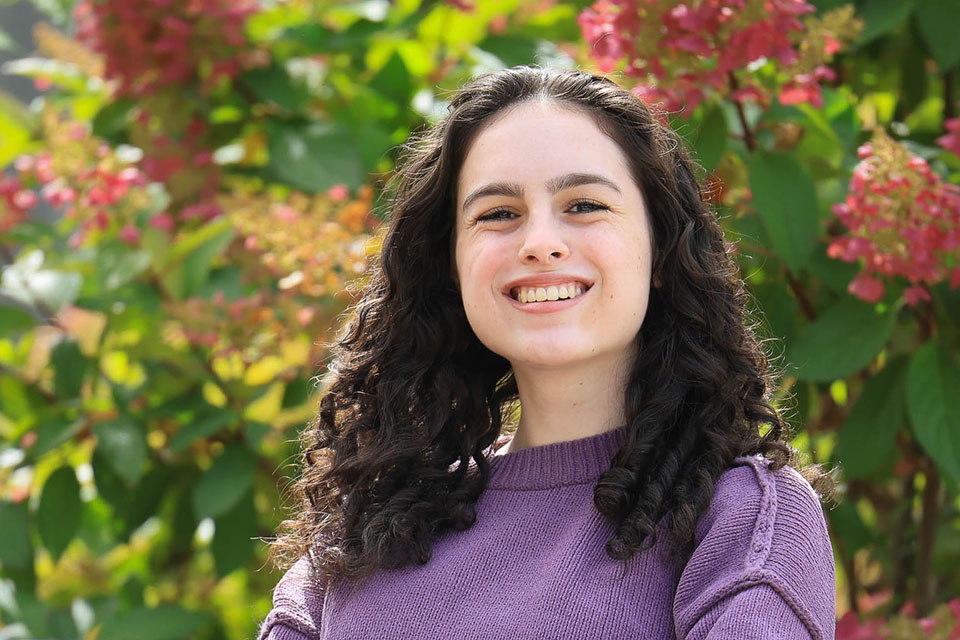Dr. David Liu Receives the 2024 Gabbay Award in Biotechnology and Medicine

Photo Credit: Courtesy of Dr. David Liu
By David Levin
August 5, 2024
Brandeis University has named David R. Liu, an internationally recognized chemical biologist, as the 26th Jacob and Louise Gabbay Award recipient for his pioneering research in gene editing, which has the potential to cure inherited disease and has already had a positive impact on patients in clinical trials.
A trailblazer, Liu has developed a wide array of powerful techniques to manipulate DNA. Most recently, Liu’s lab developed a method called prime editing, which is perhaps the most versatile and precise genome editing technology to date. Prime editing works like a word processor by searching and replacing target DNA sequences with edited sequences, and is capable of inserting, deleting, and replacing base pairs directly within the genome of living cells and mammals. Due to its versatility, prime editing could in theory correct nearly all known disease-associated genetic mutations. Liu and his colleagues have already shown in human cells and in animals that prime editing can correct the mutations that cause diseases like Tay Sachs and sickle cell anemia.
Liu’s lab also developed “base editing,” a method that directly alters specific base pairs inside DNA without needing to cleave the double helix into two separate pieces. Like prime editing, base editing can directly convert a targeted DNA sequence into a corrected sequence with far fewer undesired outcomes than previous approaches.
Prime editing and base editing technologies have already had a major impact on science and medicine. Since their development in 2019 and 2016, respectively, these technologies have been distributed more than 18,000 times to laboratories around the world, with more than 1,800 research publications reporting the use of prime editing and base editing in organisms from bacteria to crops to primates.
These two technologies are also in at least 10 clinical trials to treat a wide variety of genetic disorders including blood diseases, various forms of leukemia, high cholesterol, and metabolic disorders. The first positive outcomes of at least three of these clinical trials have already been reported, including saving the lives of pediatric leukemia patients previously faced with a poor prognosis.
Liu is the Richard Merkin Professor and director of the Merkin Institute of Transformative Technologies in Healthcare at the Broad Institute of MIT and Harvard; the Thomas Dudley Cabot Professor of the Natural Sciences and professor of chemistry and chemical biology at Harvard University; and a Howard Hughes Medical Institute investigator.
His advances have been made by a “rare combination of deep intellect, scientific curiosity, creativity, and innovation,” said Eric Lander, founding director of the Broad Institute. “[Liu’s] unique ability to turn basic biochemical discoveries into practical and powerful tools of broad applicability is already influencing agriculture and therapeutics, and the impact of his work will only continue to grow over time,” Lander noted.
“Dr. Liu’s vision, creativity, depth of knowledge, pragmatism, and strong dedication to his work have been a potent combination for scientific success,” said Gerald F. Joyce, president of the Salk Institute for Biological Studies. “He is one of the brightest and most ingenious chemical biologists in the world. He already has attained international recognition for his substantial scientific contributions and no doubt will continue to be regarded as one of the leaders in the field.”
The Gabbay Award is given annually to scientists whose work exhibits outstanding scientific content and significant practical applications in the biomedical sciences. It consists of a $15,000 cash prize and a medallion.
Established in 1998 as the Jacob Heskel Gabbay Award in Biotechnology and Medicine, it was renamed the Jacob and Louise Gabbay Award in Biotechnology and Medicine in 2016 to honor the instrumental role of Louise Gabbay in its founding. The award is administered by Brandeis University.
Liu will give a public lecture on his research on Wednesday, Nov. 13 at Brandeis University in Waltham, Mass.


